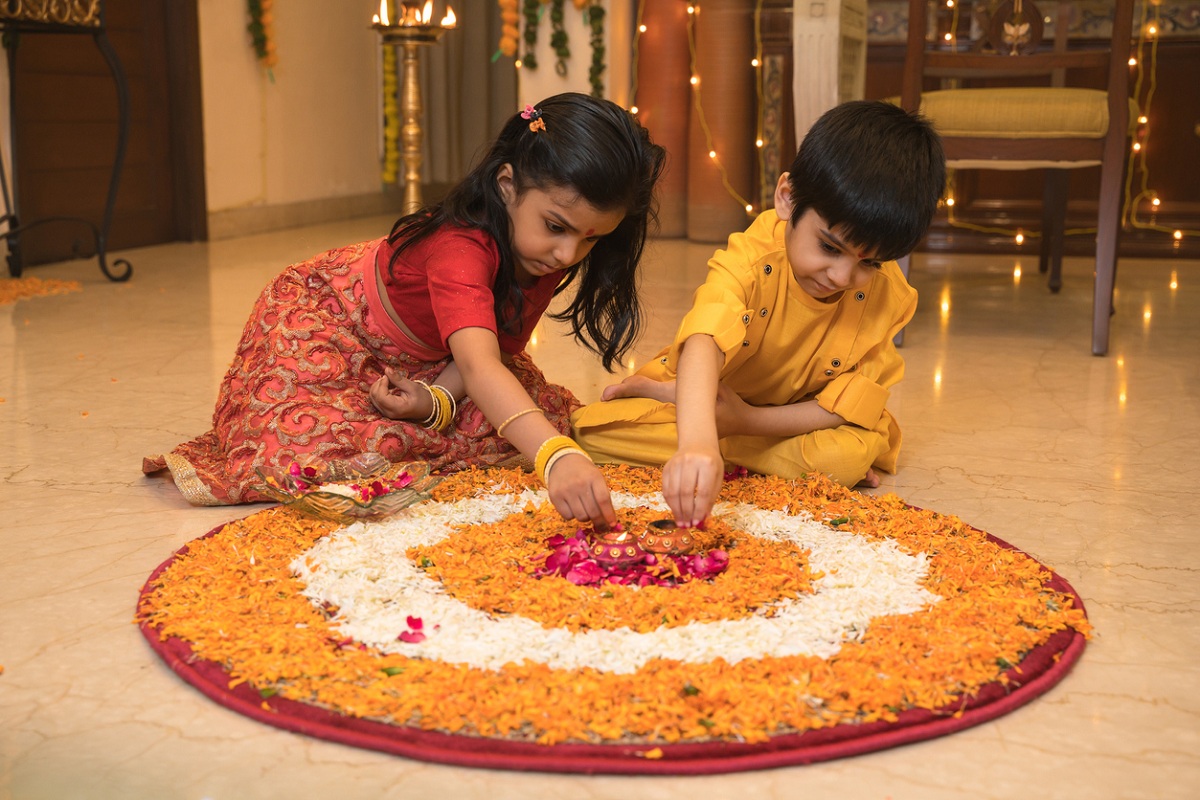‘We flushed out Chinese products from UP markets’: Yogi Adityanath
The Uttar Pradesh chief minister said this during a programme of the MSME Department held.
With many religious and
mythological significance attached with the festival, different parts of India
celebrate Diwali in different ways with glitz and sparkles.

(Representational Image: iStock)
Diwali, the festival of lights has its name derived from the Sanskrit word
Deepavali, meaning ‘row of lighted lamps’. Diwali symbolises the victory of
light over darkness, so people light up diyas outside their homes in believe that
the divine lamp will dispel all darkness and illuminate lives with hope and
prosperity.
However, Diwali is not just the festival of lights. With many religious and
mythological significance attached with the festival, different parts of India
celebrate Diwali in different ways with glitz and sparkles.
Why do we celebrate the festival of lights? Take a cue from the lesser known facts about Diwali.
According to Ramayana, Diwali marks the return of Lord Rama to Ayodhya
along with wife Sita and brother Laxman, after 14 years of exile. Ram defeated
Ravana on Vijay Dashami and returned to his kingdom on Diwali. To welcome
him with grandeur and celebrate the triumph of good over evil, people of
Ayodhya illuminated the streets of the city with earthen lamps and diyas.
Parts of South India celebrate Diwali in honour of Lord Krishna, the ninth
incarnation of Shri Vishnu. It is believed that Lord Krishna killed the demon king
Narakasura a day before Diwali which is known as Naraka Chaturdashi, the
chaturdashi of Krishna Paksha in the month of Kartik. The day begins by taking
a holy bath, then Puja is performed and lamps are lit up in the evening to
dispel the darkness and evil powers.
Advertisement
Many people follow the age-old tradition of worshipping Maa Laxmi, the
goddess of wealth on Diwali to bring in wealth and prosperity to their homes.
According to Hindu Puranas, it marks the birth of Lord Laxmi from Samudra
Manthan by churning of the cosmic ocean of milk. However, in some parts of
the country it is believed that Diwali marks the celebration of Maa Laxmi’s
wedding with Lord Vishnu.
Advertisement